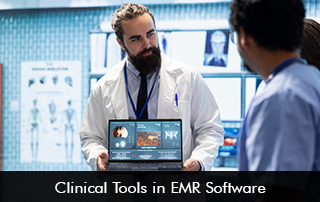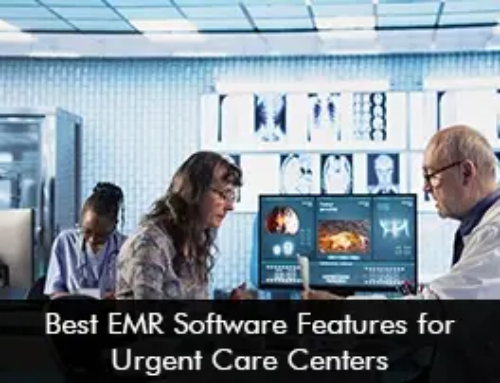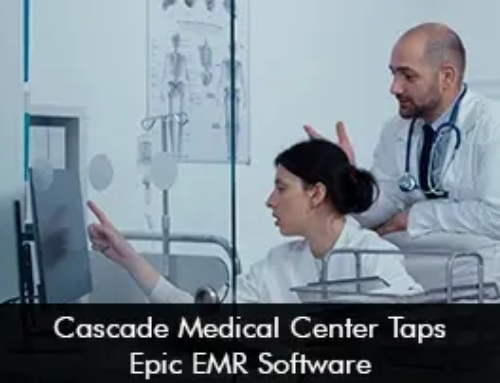Clinical tools within Electronic Medical Records (EMR) Software are vital for modern healthcare. They’re crucial for delivering healthcare in today’s world. These tools include features like decision support, medication safety, and integrated testing. They help by reducing mistakes and making patient care better and more efficient. As healthcare keeps changing, strong EHR Software clinical tools give doctors the power to provide care that’s smarter, safer, and tailored to each patient.
Clinical Decision Support Solutions in EMR Software
Think of Clinical Decision Support Systems (CDSS) as a smart assistant built right into Electronic Medical Records (EMR) Software. It’s like having an expert looking over a provider’s shoulder, offering helpful advice and warnings based on the latest medical research. When a doctor is deciding on a treatment, for example, prescribing medicine, the CDSS can jump in and say, “Hey, wait! Based on this patient’s history, this drug might interact badly with another one they’re taking,” or “This patient has an allergy to this type of medication.” It can even point out if a certain treatment isn’t recommended for a patient’s specific situation. This kind of heads-up empowers clinicians to avoid mistakes and make better, faster choices for their patients.
EHR Software Tailored Templates and Organized Notes
EMR Software features adaptable templates designed to meet the diverse needs of different medical specialties. These templates simplify the documentation of patient interactions by automatically filling in parts such as the history of the current illness, a review of the body systems, physical examinations, and evaluations. Medical providers can adjust these templates to suit their work styles, enhancing both speed and thoroughness. The structured format of the notes not only accelerates the documentation process but also makes data more consistent, which is beneficial for seamless information exchange, research endeavors, and accurate billing.
Electronic Prescribing and Medication Management Tools
Electronic prescribing features integrated into EMR Systems allow healthcare providers to transmit prescriptions directly to pharmacies via electronic means, thereby minimizing the risks commonly associated with handwritten prescriptions. EHR Software further complements this by providing functionalities such as medication history tracking, dosage calculators, and refill management. These capabilities significantly enhance medication safety by giving healthcare providers immediate access to a patient’s current and past prescription records. This real-time information supports more informed clinical decisions and helps ensure that patients adhere to their treatment plans.
Streamlined Ordering of Labs and Imaging with EMR Software
Thanks to the built-in lab and imaging tools, healthcare providers can easily order diagnostic tests, monitor results, and keep in touch with labs or imaging facilities, all from within the EMR Software platform. This means no more dealing with physical paperwork or time-consuming phone calls, which makes the whole testing process faster and less prone to mistakes. As soon as results are ready, the EHR Software lets the provider know, automatically adds the findings to the patient’s chart, and even flags any unusual values, making it simple to take quick follow-up steps.
The mentioned clinical tools in electronic health records software can be a game-changer in today’s healthcare delivery. Once these robust and interactive tools are utilized patient safety levels can increase and patient outcomes can also boost.








